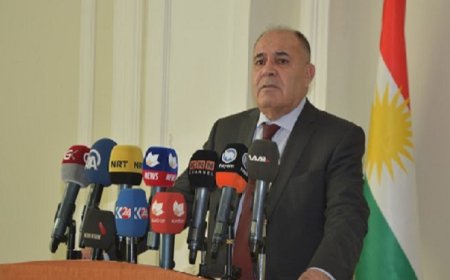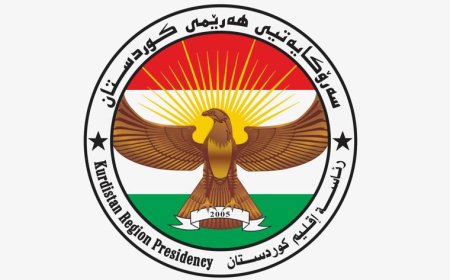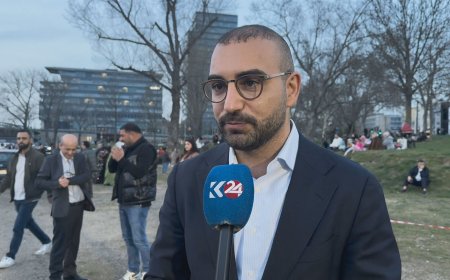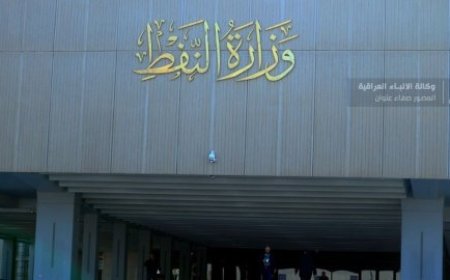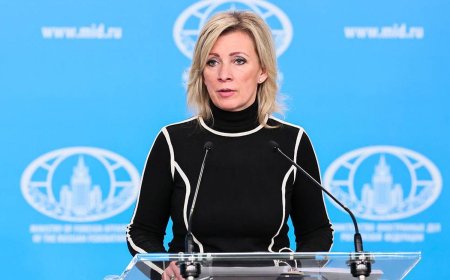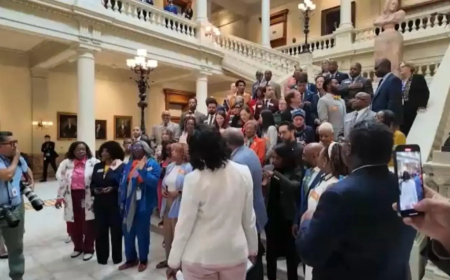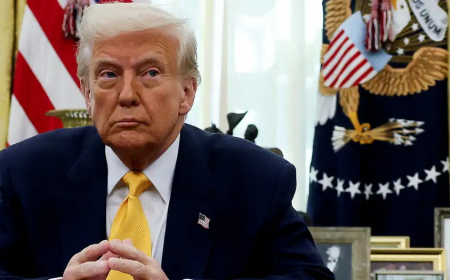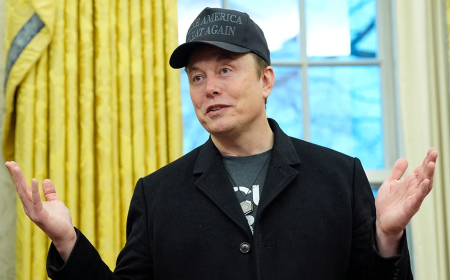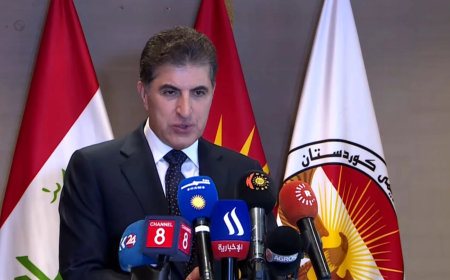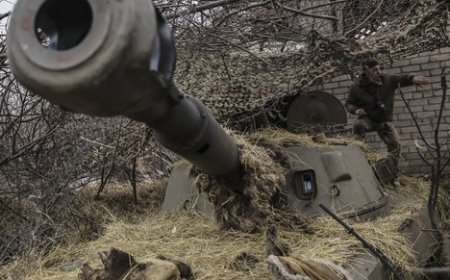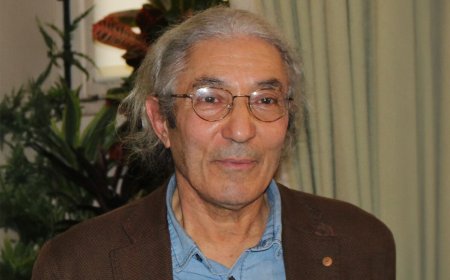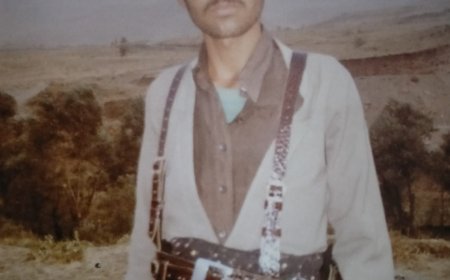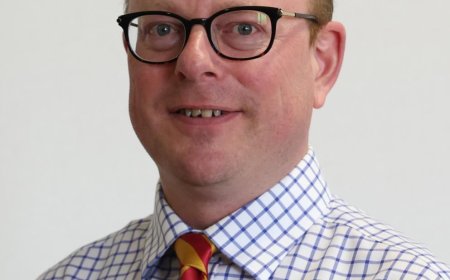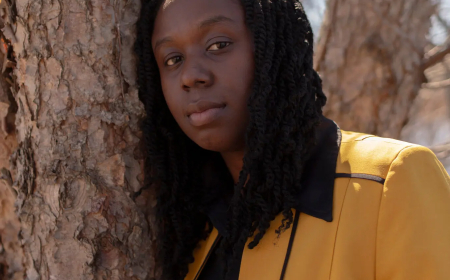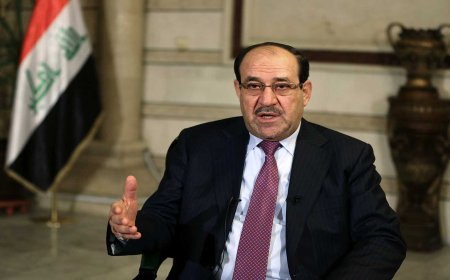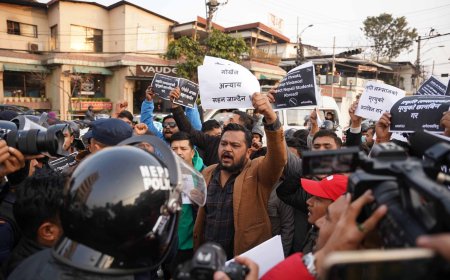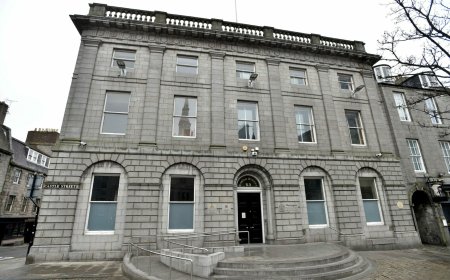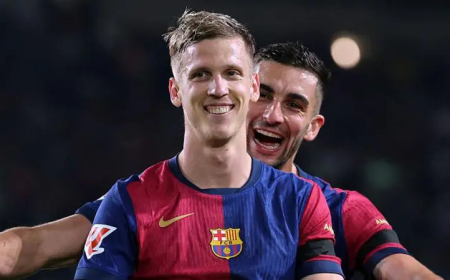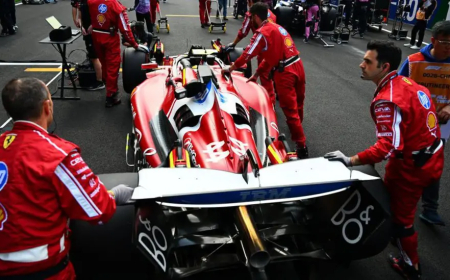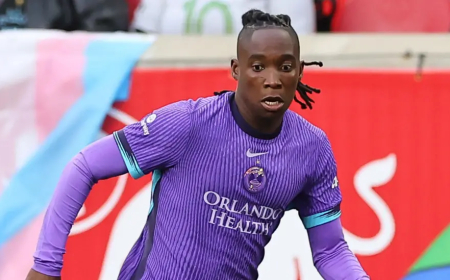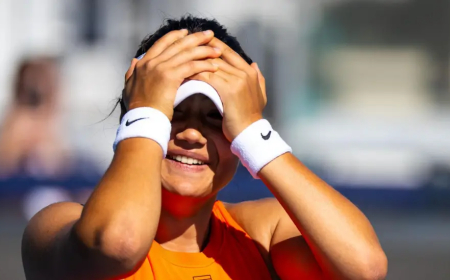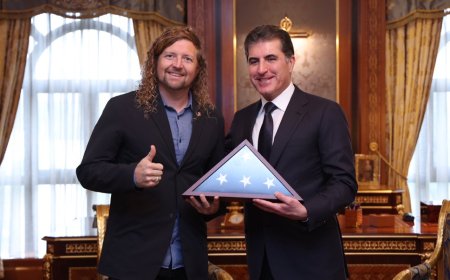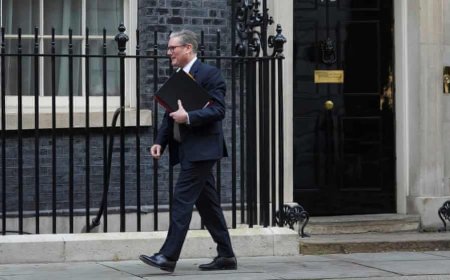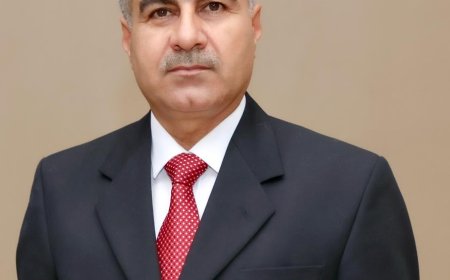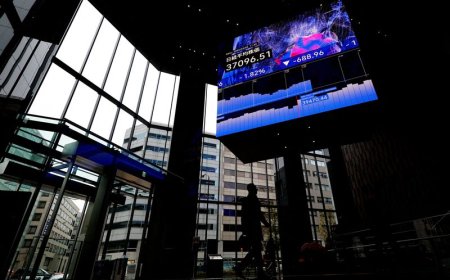Building a Future of Respect and Inclusion: Youth-Led Change in Kurdistan
Young people in the Middle East often face unfair treatment. At checkpoints and by security agencies, they are seen as potential troublemakers instead of valuable citizens. This distrust hurts their confidence and makes them feel less important in society. While it is true that young people have less life experience, they also make fewer big mistakes, commit fewer serious crimes than older people, and have a lot of potential to create a better future. Instead of pushing them away, we need to support, encourage, and empower them so they feel valued and ready to become tomorrow’s leaders.

By: Dr. Sirwan Abdulkarim Ali
Take the American young man, Mark Zuckerberg, for example. He started Facebook as a young person and became a billionaire, showing the world that young people can achieve amazing things. His story proves that when young people are trusted and given chances, they can make a huge difference. Just like him, many young people in Kurdistan and beyond are ready to create and lead—if only we believe in them.
Some people say young people do not have enough experience, and that is why they are not taken seriously. But experience is not everything. It does not decide how capable or good someone is. History shows us that young people like Malala Yousafzai and Greta Thunberg have changed the world, even though they were young. Judging youth just because they have not lived as long is an old-fashioned idea that holds back progress.
Also, research show that young people are less likely to commit serious crimes compared to older people. While young people might do small things wrong, the really bad stuff—like corruption or big crimes—is usually done by older people with power. But still, young people are the ones who get judged and watched closely. Instead of treating them like a problem, we should see them as part of the solution. When we show them trust and kindness, they can show us honesty and loyalty in return.
When young people are treated badly, it creates a cycle of anger. If they feel disrespected, they might push back, and the gap between young and old grows bigger. We can stop this by giving them support, understanding, and real chances to grow. Young people should be part of community work, leadership, and jobs. They need to be included in decisions so they feel like they belong and matter.
Kindness is the key to helping young people shine. If we want them to be honest, loyal, and responsible, we need to show them that we believe in them. This starts by treating them as equals, not as less important. Governments, schools, and communities should create programs, mentorships, and better education to help young people think critically, feel confident, and learn to lead.
Today, we celebrate the young people of Kurdistan as we mark the anniversary of the Kurdistan Democratic Youth Union and the Kurdistan Student Union, founded on February 18, 1952. This historic occasion reminds us of the strength and leadership of Kurdish youth, my personal expwerinece between 1991 and 1993, when we played a crucial role in reshaping the identity of youth in the region and many other unions emerged after the 1991 Uprinsing. As a leading member of the youth movement during this time and a participant in the historic Azadi Conference of 1993, I have witnessed firsthand the resilience, dedication, and sacrifice of young people striving for a better future.
The youth movements of Kurdistan have long been a beacon of hope, guiding the nation through times of struggle and change. Their determination to stand for justice, democracy, and national identity has left an indelible mark on history. We must continue to honor their contributions, ensure that their voices are heard, and create more opportunities for them to lead.
A society that ignores or mistreats its youth will stay stuck. But a society that cares for and empowers its young people builds a bright and successful future. The way forward is simple: we must stop doubting them and start supporting them. Only then will young people grow into the leaders they can be, carrying forward the values of honesty and loyalty we want to see in them.
